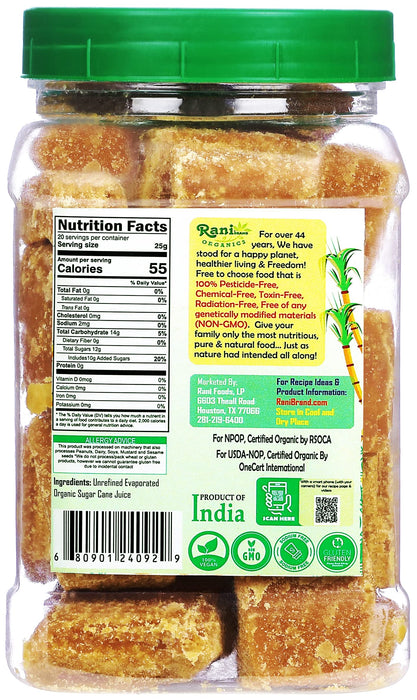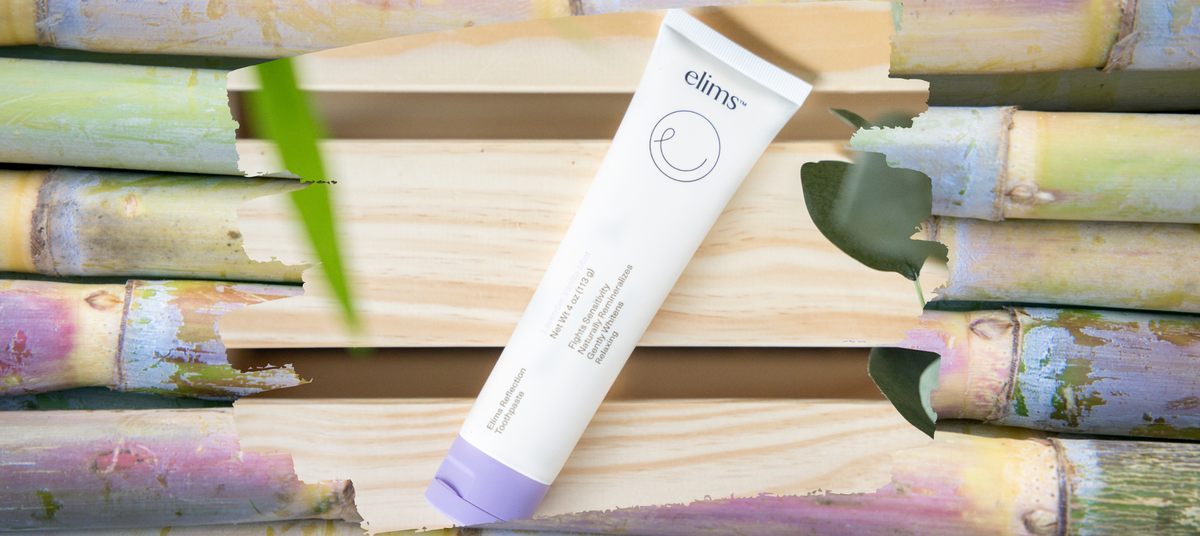Understanding the Production Process of Sugarcane Product for Consumers
Understanding the Production Process of Sugarcane Product for Consumers
Blog Article
Sustainable Sugarcane Products: From Sweeteners to Eco-Friendly Goods
The capacity of sustainable sugarcane products extends past traditional sugar to incorporate an array of green items, providing a compelling case for their integration right into modern-day customer methods - sugarcane product. As the world faces pushing environmental issues, sugarcane emerges as a functional source efficient in addressing both nutritional requirements and sustainability goals. This conversation will discover exactly how advancements in sugarcane cultivation and handling can cause significant advancements in eco-friendly packaging and eco-conscious fabrics. What ramifications might these developments have for future customer options and ecological effect?
Introduction of Sugarcane Sustainability
As the demand for eco-friendly products expands, comprehending sugarcane sustainability comes to be significantly essential. Sugarcane, a functional crop, is cultivated mainly in subtropical and exotic areas, and its sustainability is crucial for both environmental health and financial feasibility. Lasting sugarcane farming practices concentrate on minimizing environmental impact while making the most of efficiency and productivity.
Secret elements of sugarcane sustainability consist of reliable land usage, reduced chemical input, and boosted water monitoring. Practices such as plant rotation, integrated insect administration, and organic fertilization add to soil health and wellness and biodiversity. Additionally, innovative innovations, such as accuracy farming, help maximize resource usage and minimize waste.
Additionally, sugarcane is a renewable energy, with byproducts that can be made use of in different industries, from biofuels to naturally degradable plastics, consequently decreasing reliance on nonrenewable fuel sources and diminishing carbon impacts. Accreditations like the Bonsucro typical urge sustainable practices throughout the supply chain, advertising openness and accountability.

Sugarcane-Based Sweeteners
Making use of sugarcane as a primary resource, sugarcane-based sweeteners have actually gained prominence as natural options to synthetic sweeteners and refined sugars (sugarcane product). These sweeteners, obtained from the removal and processing of sugarcane juice, use a range of items that cater to varied consumer choices, including natural and minimally refined choices
Raw walking stick sugar retains more of the all-natural flavors and nutrients discovered in sugarcane, making it a popular option for health-conscious customers. Panela, a traditional Latin American sugar, is generated by evaporating sugarcane juice, protecting its all-natural minerals and vitamins.
The growing need for sugarcane-based sugar is driven by enhancing understanding of wellness and sustainability issues connected with standard sweeteners. By selecting sugarcane-derived items, customers not only support lasting farming practices however additionally contribute to a healthier way of life, straightening their dietary options with their ecological values.
Naturally Degradable Product Packaging Solutions
Emerging as a sensible option to traditional plastics, eco-friendly packaging options stemmed from sugarcane are changing the product packaging sector. These cutting-edge products provide an eco-friendly alternative that attends to the expanding concerns over plastic air pollution. Using the all-natural sugars found in sugarcane, makers are developing various forms of biodegradable product packaging, including movies, containers, and covers that decay a lot more quickly than traditional plastics.
The key advantages of sugarcane-based packaging lie in its renewable sourcing and its ability to damage down into safe results. Unlike fossil fuel-derived plastics, which can continue the environment for centuries, sugarcane packaging typically breaks down within a few months under appropriate conditions. This reduction in waste not only reduces land fill overflow however additionally decreases the carbon impact connected with product packaging materials.
In addition, sugarcane-derived packaging preserves durable performance features, supplying equivalent toughness and functionality to traditional options. As businesses and customers increasingly focus on sustainability, the adoption of biodegradable product packaging remedies stands for a significant step in the direction of a circular economy, where materials are reused and regenerated as opposed to discarded. This shift not only enhances brand photo however additionally adds to an extra sustainable future for the planet.
Eco-Friendly Textiles and Fabrics
Eco-friendly fabrics and textiles are acquiring traction in the fashion and home products sectors as customers significantly require sustainable choices to conventional products. Amongst the significant options are textiles stemmed from sugarcane, which use an environmentally liable choice to artificial fibers. These fabrics are created with a procedure article that uses the renewable energies discovered in sugarcane, considerably minimizing dependence on petroleum-based products.

Brand names are significantly incorporating environmentally friendly textiles right into their item lines, showing a more comprehensive dedication to sustainability. This change is not simply a trend however an essential development in feedback to ecological worries. As the market for lasting fabrics expands, customers can expect ingenious designs that incorporate design with eco-friendly obligation. Ultimately, green fabrics and materials stand for a considerable action toward minimizing the garment industry's environmental impact while accommodating the growing need for liable consumer choices.
Innovations in Sustainable Farming
Revolutionizing farming techniques, advancements in sustainable farming are transforming the means plants are grown and handled. These improvements concentrate on decreasing environmental impact while maximizing performance and efficiency.

In addition, agroecology, which incorporates eco-friendly concepts right into farming, advertises biodiversity and soil wellness. Practices such as plant rotation, cover cropping, and intercropping foster durable ecological communities that can hold up against pests and climate variants - sugarcane product. Furthermore, the use of natural fertilizers and biopesticides adds to much healthier soils and ecosystems

Together, these innovations are not only reshaping the agricultural landscape yet additionally contributing to an extra lasting future for sugarcane and other crops, aligning farming techniques with ecological stewardship.
Conclusion
Lasting sugarcane products represent a significant development in environment-friendly choices, spanning from all-natural sugar to naturally degradable goods. The cultivation of sugarcane with lasting practices not just improves ecological health yet also adds to economic practicality. As customer preferences progressively lean in the direction of lasting options, the flexibility of sugarcane as a sustainable source becomes significantly relevant. This trajectory emphasizes the significance of ongoing technology and commitment to sustainable techniques within the sugarcane industry, fostering a much more lasting future.
The possibility of sustainable sugarcane products prolongs past traditional sweeteners to include an array of eco-friendly products, providing an engaging case for their integration into contemporary customer techniques. Sustainable sugarcane farming practices focus on lessening eco-friendly influence while optimizing performance and profitability.
Lasting sugarcane items stand for a substantial advancement in eco-friendly alternatives, covering from natural sugar to biodegradable items. The farming of sugarcane through sustainable methods not just improves ecological wellness however likewise adds to economic feasibility. As consumer preferences increasingly lean more towards sustainable alternatives, the versatility of sugarcane as a renewable source comes to be significantly appropriate.
Report this page